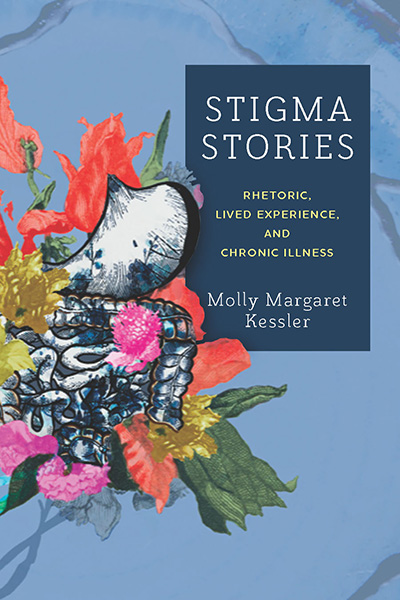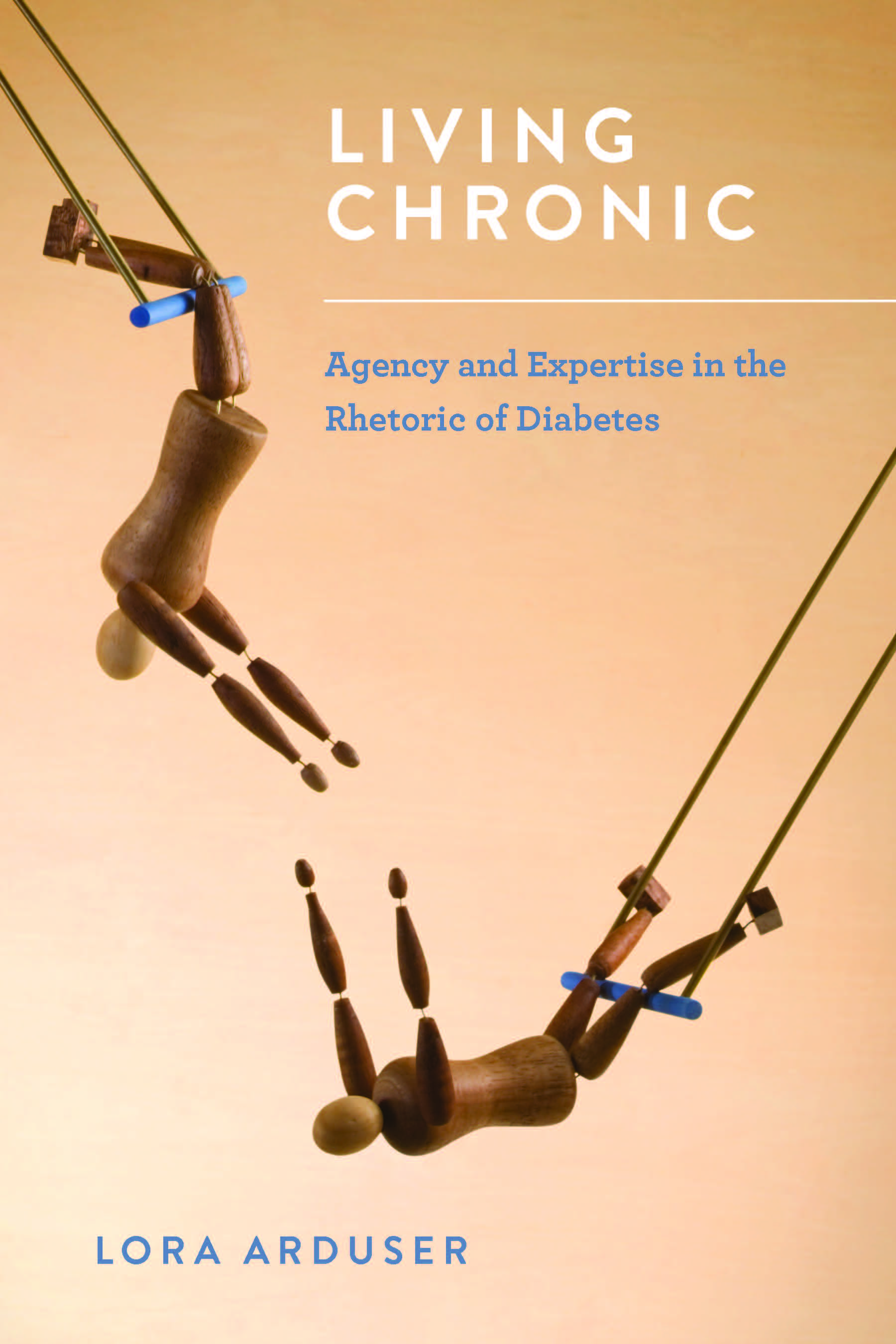“A valuable addition to scholarship that examines chronic conditions....Kessler’s work as a patient-researcher is inspiring and hopeful as RHM scholars continue to examine the ways that disability, stigma, and intersectionality make meaning in health and medicine practices.” —Martha Sue Karnes, Rhetoric of Health & Medicine
“A welcome addition to a lineage of texts that closely examine stories of individuals living with chronic illnesses and conditions.…I, personally, felt comforted by Kessler’s willingness to approach a subject so intimate and so important to many people’s lived experience.” —Michelle Cowan, H-Sci-Med-Tech
“Kessler’s revelations regarding the importance of lived experience to rhetorical studies of health and medicine not only serve the ethical mandate to fight stigmatization but are also significant, insightful, and on the cutting edge of the field.” —Jenell Johnson, author of American Lobotomy: A Rhetorical History
“Kessler’s highly original praxiography on ostomies and GI conditions traces the concept of stigma through stories of lived experiences that reveal the ways stigma is rhetorically perpetuated and challenged. The thought-provoking insights in Stigma Stories will make an invaluable contribution to interdisciplinary conversations about stigma.” —Lora Arduser, author of Living Chronic: Agency and Expertise in the Rhetoric of Diabetes
In Stigma Stories: Rhetoric, Lived Experience, and Chronic Illness, Molly Margaret Kessler focuses on ostomies and gastrointestinal conditions to show how stigma is nearly as central to living with chronic conditions as the conditions themselves. Drawing on a multi-year study that includes participant observations, interviews, and rhetorical engagement with public health campaigns, blogs, social media posts, and news articles, Stigma Stories advocates for a rhetorical praxiographic approach that is attuned to the rhetorical processes, experiences, and practices in which stigma is enacted or countered.
Engaging interdisciplinary conversations from the rhetoric of health and medicine, disability studies, narrative medicine, and sociology, Kessler takes an innovative look at how stigma functions on individual, interpersonal, and societal levels. In doing so, Kessler reveals how stories and lived experiences have much to teach us not only about how stigma functions but also about how it can be dismantled.
Molly Margaret Kessler is Assistant Professor at the University of Minnesota, Twin Cities.
Contents
Preface
Acknowledgments
Chapter 1 Studying Stigma: A Rhetorical Approach to Stories and Lived Experience
Rhetoric of Stories, Stigma, Lived Experiences
Studying Stigma Stories
Preview of Chapters
Chapter 2 Listening for Stigma: Praxiographic Solutions and Stigma in Practice
Critiques of Stigma Research
Praxiographic Solutions
Stigma in Practice
An Ethical Case for Engaging Stigma Praxiographically
Chapter 3 Staging Stigma: Ostomies as Worst-Case Scenarios
Leaks, Stigma, and Visceral Publics
Worst-Case Scenarios: Ostomies in Public Health Campaigns
Ostomies on TV: Fear and Disgust in Popular Media
Staging Stigma through Fear
Credibility Enhanced through Stigma
Conclusion
Chapter 4 Protesting Stigma: Disruptive Stories, Temporality, and Ostomies as Lifesavers
Temporality, Disability, and Progressions of Experience
Rejecting Compulsory Nostalgia: Disruptive Ostomy Stories as Protest
Disruptive Stories, Disruptive Timelines
Complicating a Two-Sided Story
Conclusion
Chapter 5 Managing Stigma: Visual Acts of Resistance
Normalcy, Norms, and the Impossibility of Normalization
Displaying Ostomies and Soliciting Stares
Visual Rewards and Risks: Sexualizing Disability
Showing Off Ostomies and Arriving at the Destination of Normal
Conclusion
Chapter 6 Thinking with Stories: Toward Stigma Interventions
The Value of a Praxiographic Approach to Stories
Interventional Insights
Conducting Entangled Research
References
Index
Related Titles:

Rhetoric of Health and Medicine As/Is
Theories and Approaches for the Field
Edited by Lisa Melonçon, S. Scott Graham, Jenell Johnson, John A. Lynch, and Cynthia Ryan




